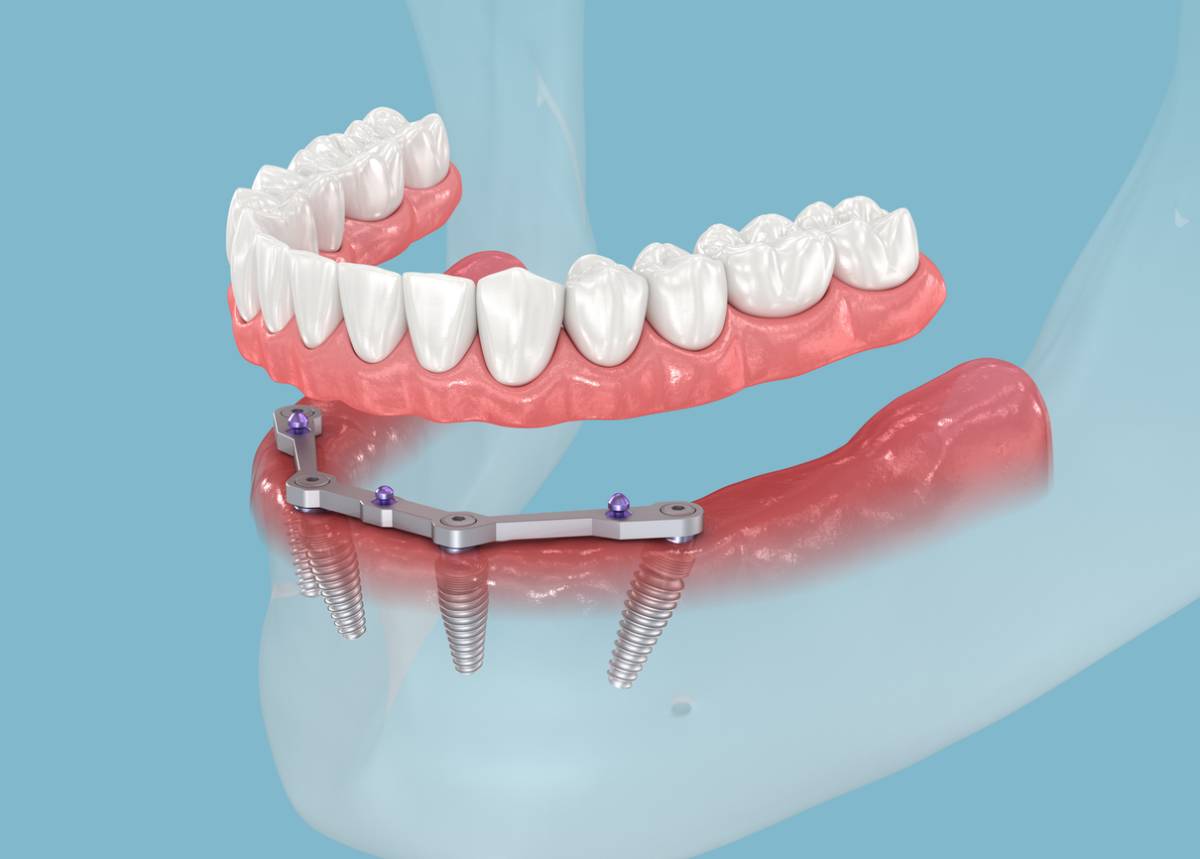Receiving teeth-in-a-day treatment can make a huge difference. You step into our office and leave with a huge, full smile. However, some patients may need a different approach. Dentures pull people out of the depths of major tooth loss. But are all-on-4 or snap-on dentures better?
How Are the Two Dentures Different?
All-on-4 dentures use dental implants as points of contact. Otherwise, they look just like traditional dentures. The main difference is that all-on-4 dentures tend to be permanently fixed in place.






